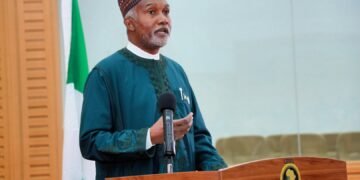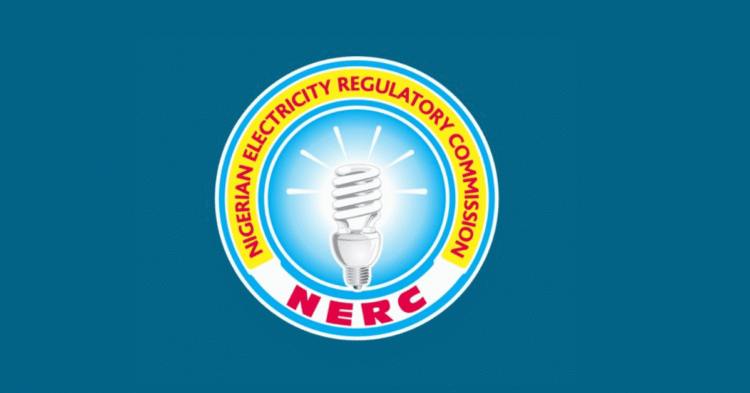Nigeria’s electricity sector is edging toward an avoidable leadership crisis. In less than two weeks, the tenure of both the Chairman and Vice Chairman of the Nigerian Electricity Regulatory Commission (NERC) will expire. The Electricity Act 2023 does not provide for an Acting Chairman when both offices are vacant, raising the possibility that the Commission could soon be left without any lawful leadership.
For a sector already battling liquidity issues, metering deficits, and persistent operational lapses, a leadership void at the regulatory level could halt key decisions, slow down ongoing reforms, and further weaken already shaky investor confidence.
Engr. Abdullahi Garba Ramat, the President’s nominee for NERC Chairman, has completed the required screening and has only the final step of confirmation left. Industry watchers warn that delaying his confirmation or failing to announce a replacement quickly may plunge the Commission into uncertainty at a critical moment.
His recent appearance on TVC changed many minds within the industry. He spoke confidently about market operations, regulatory structures, digital transformation, and reforms needed to strengthen transparency and consumer protection. Many who initially doubted his competence now consider him adequately prepared and forward-thinking.
Delays driven by political calculations will only deepen the impression that federal appointments have become inconsistent. The electricity sector cannot afford instability at a time when reforms should be accelerating.
Concerns are also growing about the influence of political actors who are believed to pressure the Presidency into postponing or reversing appointments. This perception, whether accurate or not, feeds the narrative that the Tinubu administration is hesitant or inconsistent in handling sensitive postings. Clear and decisive action is needed to correct that impression.
Overstaying Commissioners in Violation of the Electricity Act
Another serious issue is the continued stay of several NERC commissioners whose tenures have already expired, some by almost a year. This clearly violates the Electricity Act 2023, which specifies the duration of appointments: 5 years for the Chairman and 4 years for Commissioners.
Despite this, the following officials remain in office beyond their lawful terms:
Commissioners Who Have Exceeded Their Tenure:
1. Musiliu Oseni, Market Competition and Rates – Appointed 7 February 2017 – End of Tenure 7 February 2025 – Overstayed 9 months
2. Aisha Mahmud, Consumer Affairs – Appointed 1 December 2020 – End of Tenure 1 December 2024 – Overstayed 11 months
3. Shatti Nathan Rogers, Finance and Management Services – Appointed 7 February 2017 – End of Tenure 7 February 2025 – Overstayed 9 months
4. Dafe Akpeneye, Legal, Licensing and Compliance – Appointed 7 February 2017 – End of Tenure 7 February 2025 – Overstayed 9 months
Legal analysts, civil society organisations, and energy stakeholders have repeatedly warned that allowing commissioners to stay beyond their legal tenure is improper and unlawful. Civil society groups are reportedly preparing to challenge the issue in court, while investors are becoming increasingly uneasy about a regulator that does not follow its own laws.
The Path Forward
To stabilise the sector and prevent an avoidable breakdown, President Tinubu should act urgently by:
1. Confirming Engr. Abdullahi Ramat without further delay or nominating a replacement immediately.
2. Directing all commissioners who have exceeded their tenure to vacate office at once.
3. Reaffirming the government’s commitment to law, order and institutional credibility.
Nigeria’s electricity reform efforts and the confidence of investors depend heavily on strong, clear, and lawful leadership. Any further delay risks undermining recent progress and deepening uncertainty in a sector that is central to national development.
Akinloye James is the President of the Initiative to Save Democracy (ISD)

































